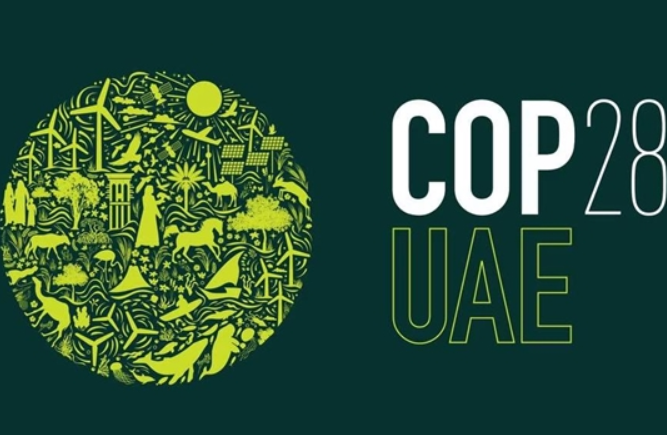Live Classes

A healthy loss and damage (L&D) fund, a three-decade-old demand, is a fundamental expression of climate justice. The L&D fund is a corpus of money and technologies that will be replenished by developed countries and used by the rest to respond to the more unavoidable effects of climate change. On the first day of the COP28 climate talks under way in the United Arab Emirates (UAE), representatives of the member-states agreed to operationalise the L&D fund. The announcement was dearly won: at the end of the COP27 talks in Egypt last year, member-states agreed to launch such a fund, thanks largely to the steadfast efforts of the G-77 bloc of countries plus China, led by Pakistan. Four meetings of the Transitional Committee (TC) were to follow to determine how its money would be disbursed. But the issues in the TC-4 meeting, which spilled over into an ad hoc TC-5 meeting as well, highlight how the newly operationalised fund, while signalling optimism at COP28 and a diplomatic victory for its Emirati president, has crucial issues.
First, it will be hosted by the World Bank for an interim period of four years and will be overseen by an independent secretariat. The Bank is expected to charge a significant overhead fee. Developing countries resisted this proposition at first before yielding at the TC-5 meeting, in exchange for some concessions. Second, while some countries have committed amounts to the fund — from $10 million by Japan to $100 million each by Germany and the UAE — whether they will be periodically replenished is not clear. The committed amounts are also insufficient, totalling $450 million (for now) against an actual demand of several billion dollars. This shortfall, though it is premature to deem it so, comes against the backdrop of developed countries missing their 2020 deadline to mobilise a promised $100 billion in climate finance and managing to deliver only $89.6 billion in 2021. Next, the contributions are voluntary even as every country has been invited to contribute. Finally, the World Bank will have to meet some conditions on managing the fund, including a degree of transparency it has not brooked so far, and submit a report to the Parties to the Paris Agreement. If its stewardship is determined to be unsuitable, the fund can ‘exit’ the World Bank. The L&D fund’s contents need to be easily accessible to those who need it most, in timely fashion, sans pedantic bureaucratic hurdles, and in sufficient quantities. As things stand, there is little guarantee that any of these requirements will be met. While the L&D fund is finally online, a lot more needs to be done.
Download pdf to Read More